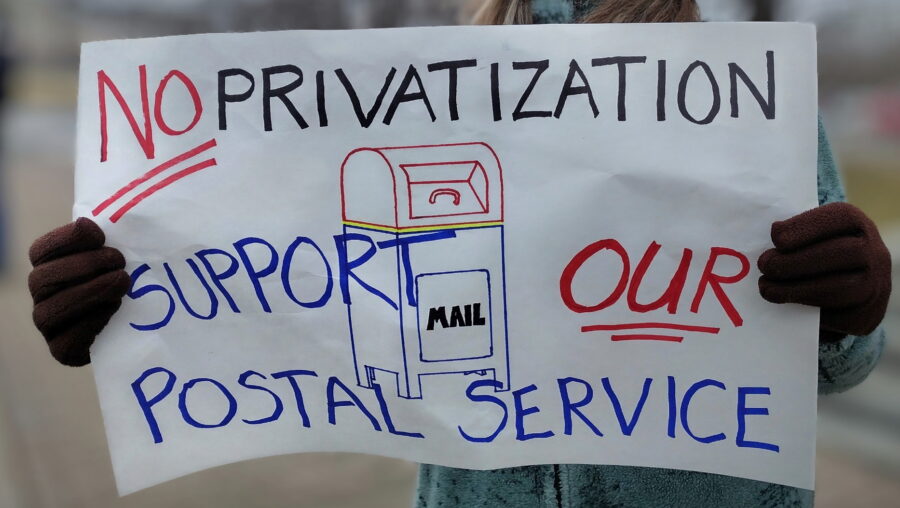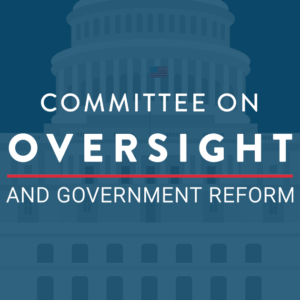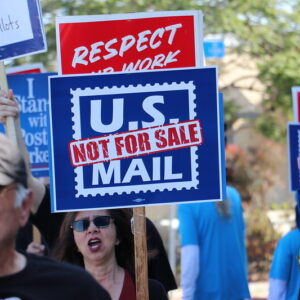
August 7, 2025
APWU Launches National Campaign to Celebrate USPS 250th Anniversary Locally
As the Postal Service celebrates its 250th anniversary, the APWU has launched a national campaign to mobilize support for the public institution amid growing threats of privatization. This campaign encourages APWU members to work their union officers...





